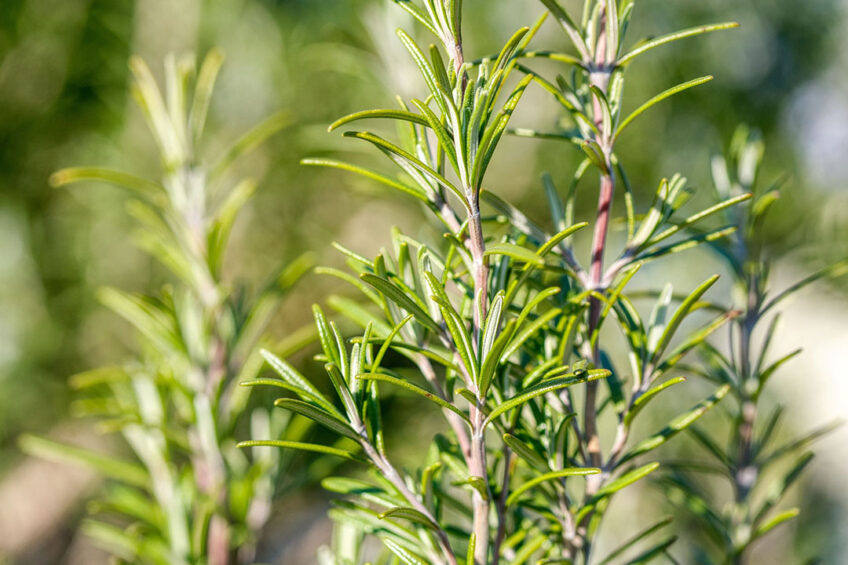Exploring natural poultry feed additives in the horn of Africa

The overuse of antimicrobials for the prevention and treatment of diseases has increased antimicrobial resistance, triggering a major public health issue.
To restrict increased antimicrobial resistance, research has demonstrated that certain plants are potential medicines for avian species. They have minimal side effects, are potentially harmless for birds, humans and the environment, and limit drug resistance and diminish residue in both poultry meat and eggs.
Aromatic plants as feed additives
For example, seed grape oil has previously shown antioxidant components and worked as a natural antioxidant in broilers, while the Ashwagandha root improves the NK cell function in ovarian tumours in the laying hen model. The dandelion affects chicken innate immunity including peripheral blood lymphocyte proliferation, nitric oxide production by macrophages and prevents chicken tumour cell development.
Use of commercially extracted phytogenic compounds to maintain poultry health and productivity in the absence of in-feed antibiotics is costly for some global regions so aromatic plants as feed additives may be particularly helpful in poultry diets in poorer regions.
A study in Ethiopia
Now, researchers at Nottingham Trent University have launched a project to explore the ability of endogens plant species to replace antibiotics in poultry diets in Ethiopia.
Investigator Dr Ashraf Alkthib is joined by Dr Metekia Tamiru from the Department of Animal Science, Jimma University, and Dr Jane Wamatu, ruminant scientist at ICARDA, an international organisation for over 4 decades which has provided research for development to provide innovative science-based agricultural solutions to improve livelihoods.
Previous studies carried out at the College of Veterinary Medicine and Agriculture poultry farm of Addis Ababa University looked at the antimicrobial and immune stimulatory effect of 5 herbs at 1% inclusion on the basal broiler ration. The treatment groups were given basal diet mixed with 1% of the 5 herbs thyme, mint, basil, rosemary and lemongrass.
The value of rosemary and lemongrass
It found the lowest E. Coli counts were seen on groups of broilers fed with rosemary followed by lemongrass. The highest Lacto bacilli counts were also recorded in groups fed with both of the 2 herbs.
The aim of the Nottingham Trent study is to explore the ability of endogens plant species to replace antibiotics in poultry diets in Ethiopia. The project wants to be able to replace antibiotics from local and cheap plants species. This will alleviate antibiotics from poultry diets and will, in turn, have knock-on effects in lowering the production costs of eggs and meat for Ethiopian consumers.












